As the world moves further into 2025, global politics continue to shift in response to economic challenges, technological advancements, and ongoing geopolitical tensions. Governments are navigating complex issues, including international conflicts, democratic reforms, and economic policies that impact millions. From elections in major democracies to diplomatic efforts aimed at maintaining stability, the political landscape remains dynamic and unpredictable.
Key Political Developments in 2025
1. Global Elections and Shifting Political Power
This year has already seen significant elections in various countries, reshaping leadership and policies. The United States, one of the world’s leading superpowers, recently held a high-stakes presidential election, with candidates debating key issues such as economic recovery, healthcare, and foreign policy. In Europe, several nations have also witnessed major electoral shifts, with centrist and populist movements gaining traction in response to economic uncertainty and concerns over immigration policies.
Meanwhile, in Asia, political transitions in countries like India and Japan are shaping regional alliances and economic strategies. With China’s increasing influence in global affairs, neighboring nations are reconsidering their foreign policies to balance economic growth with national security.
2. The Rise of AI in Politics and Governance
One of the most significant developments in 2025 is the increasing use of artificial intelligence (AI) in politics and governance. AI-powered tools are being used to analyze voter sentiment, detect misinformation, and improve public services. Governments worldwide are debating regulations on AI’s role in policymaking, as concerns over data privacy and election security grow.
In the European Union, new legislation has been introduced to ensure ethical AI practices in political campaigns, preventing deepfake technology from misleading voters. Similarly, the United Nations has launched discussions on creating global AI governance frameworks to prevent misuse in international diplomacy and cybersecurity.
3. International Relations and Conflicts
Tensions between major world powers remain a significant concern in 2025. The ongoing conflict in Eastern Europe continues to shape NATO policies, with increased military cooperation among member states. Sanctions and diplomatic negotiations are being used as tools to address conflicts while avoiding full-scale war.
In the Middle East, peace talks have resumed in hopes of stabilizing the region after years of political unrest. spaceman slot of energy politics, particularly with the growing transition to renewable energy sources, is influencing diplomatic relationships among oil-rich nations.
The Asia-Pacific region is also a focal point for geopolitical strategies, as territorial disputes in the South China Sea escalate. Nations involved are seeking diplomatic solutions, but military posturing remains a key factor in regional security discussions.
4. Economic Policies and Global Trade
The global economy is undergoing significant shifts as governments respond to inflation, trade agreements, and economic recovery efforts post-pandemic. The World Bank and International Monetary Fund (IMF) are emphasizing the need for sustainable economic policies that address climate change and technological disruptions.
In North America and Europe, governments are working to stabilize supply chains affected by previous global disruptions. Policies promoting domestic manufacturing and economic independence are gaining popularity, leading to debates on globalization versus protectionism.
China’s economic policies continue to impact global trade, as the country expands its Belt and Road Initiative to strengthen ties with developing nations. Meanwhile, international financial organizations are monitoring the stability of emerging markets, as some struggle with debt crises and currency fluctuations.
5. Climate Policy and International Agreements
With climate change remaining a top political issue, world leaders are intensifying efforts to meet carbon reduction goals. The Paris Agreement commitments have led to stricter environmental policies, including increased investments in renewable energy and carbon taxes on high-emission industries.
Countries are also collaborating on technological advancements to combat climate change, such as carbon capture initiatives and innovations in sustainable agriculture. However, political disagreements persist, as some governments argue that rapid environmental reforms could harm economic growth.
In 2025, the debate over balancing economic development with climate action is influencing election campaigns and international relations. Countries that rely heavily on fossil fuel exports are facing pressure to diversify their economies, while green energy leaders push for stronger climate commitments.
Conclusion
The political landscape of 2025 is shaped by technological advancements, international conflicts, economic policies, and climate strategies. As governments navigate these challenges, the balance between progress and stability remains a central concern. With ongoing elections, diplomatic negotiations, and policy shifts, the future of global politics will continue to evolve, influencing the lives of billions worldwide.
The Evolving Landscape of Global Politics in 2025
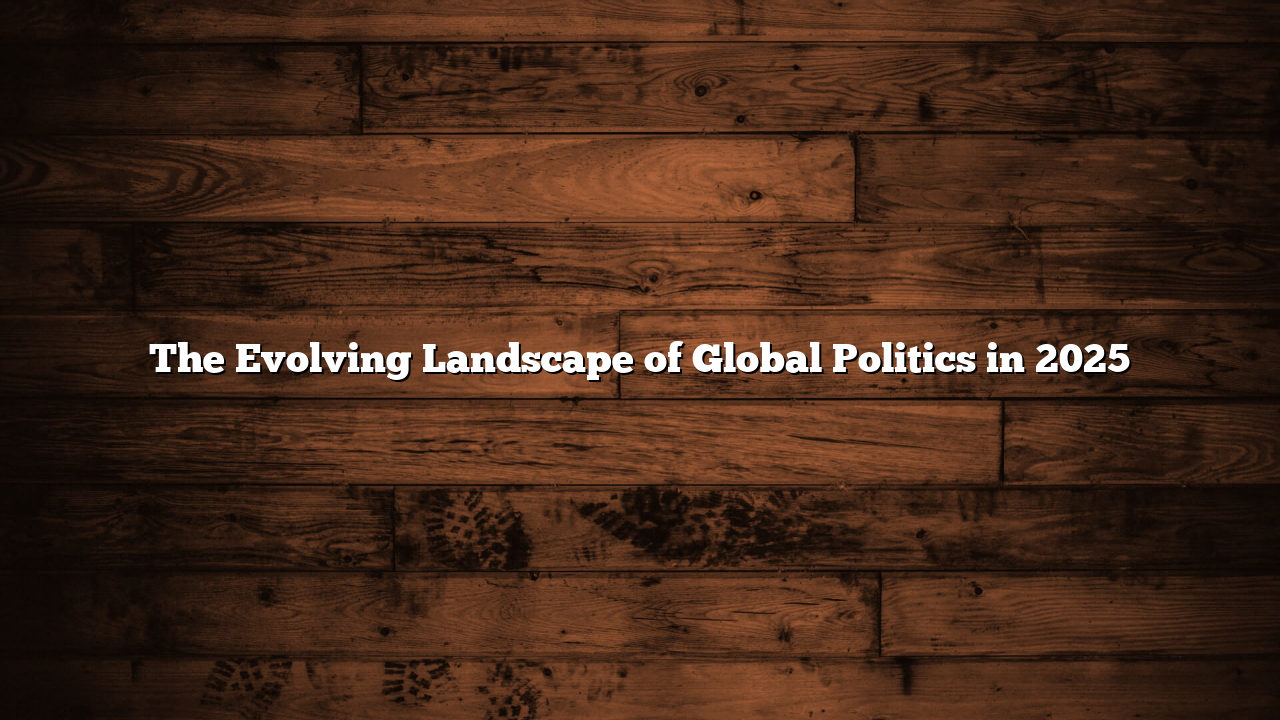


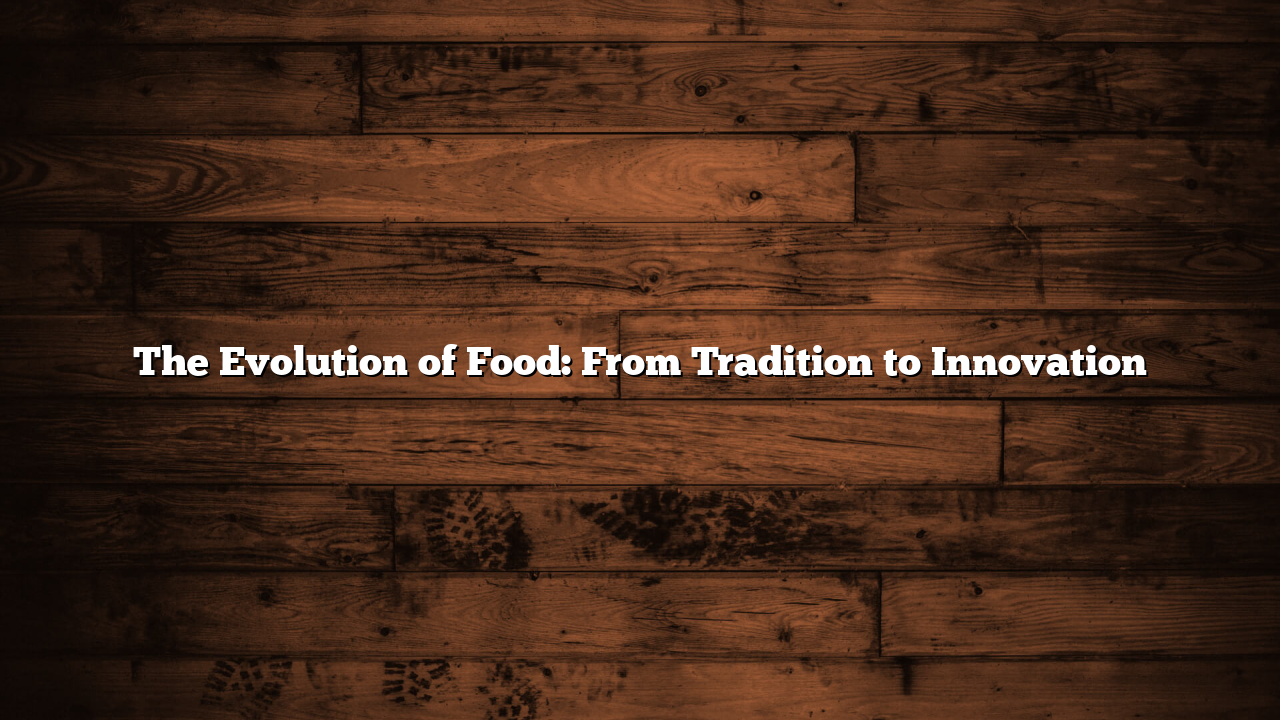
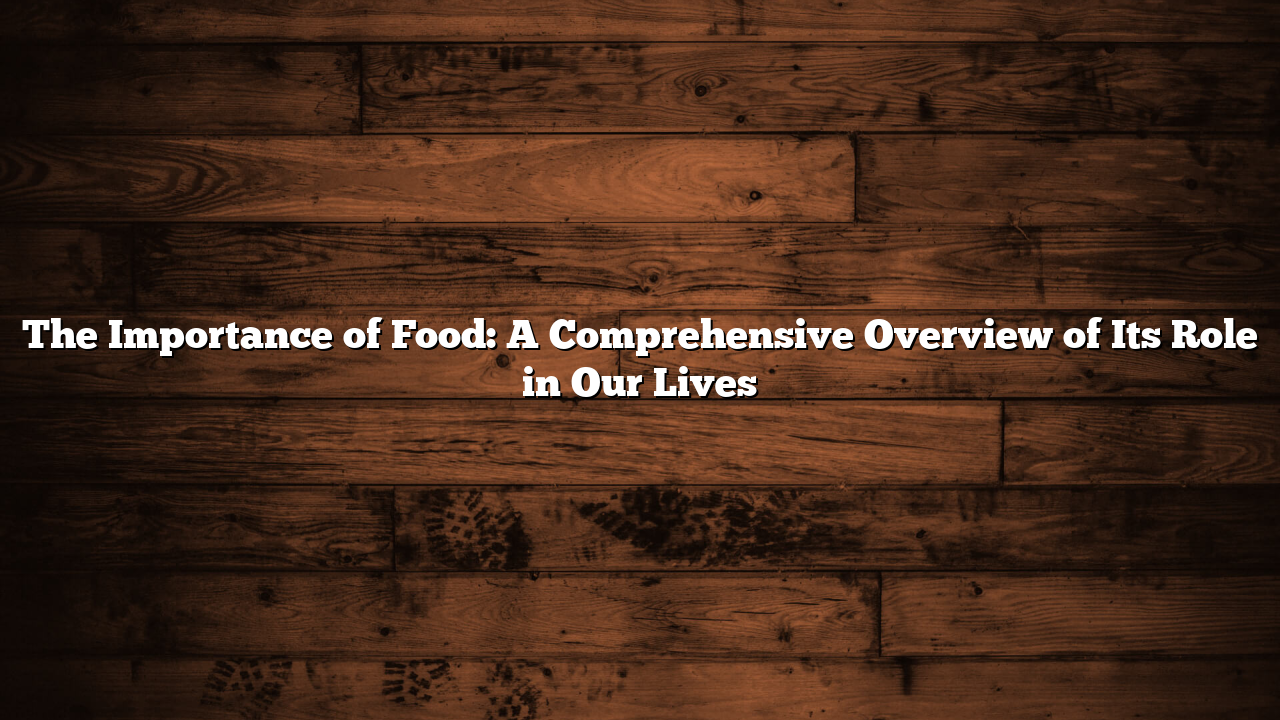

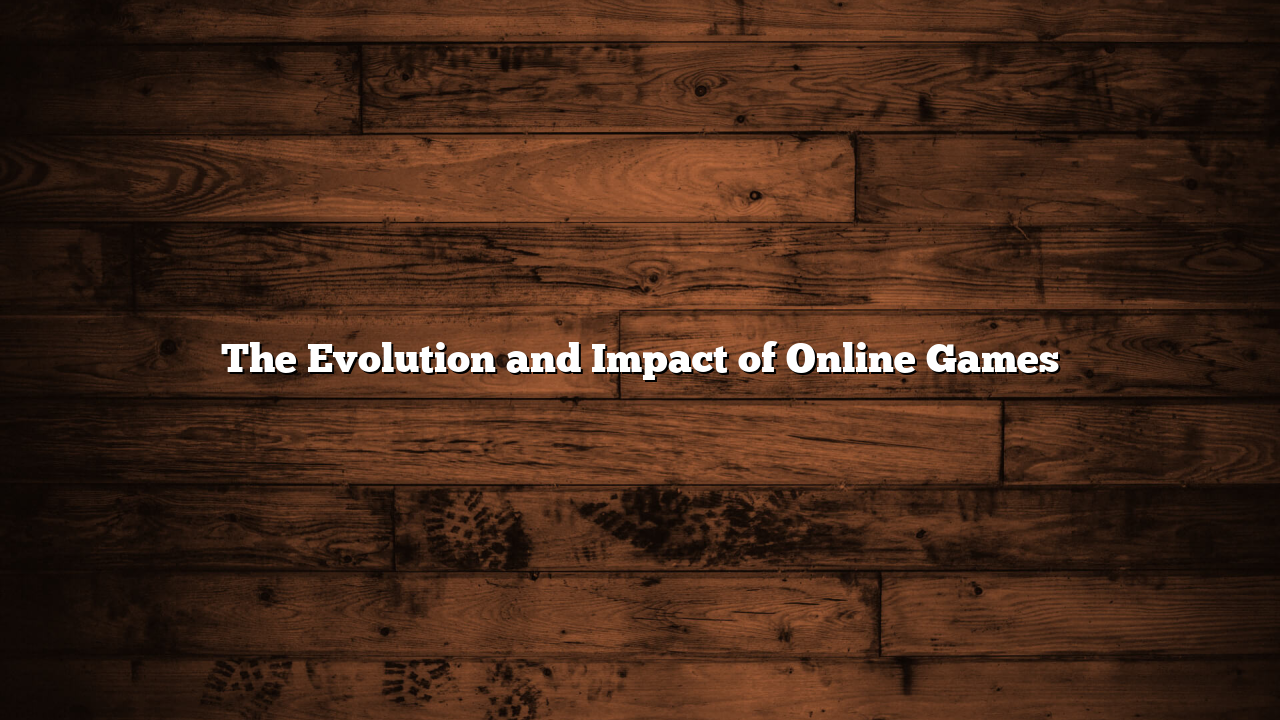


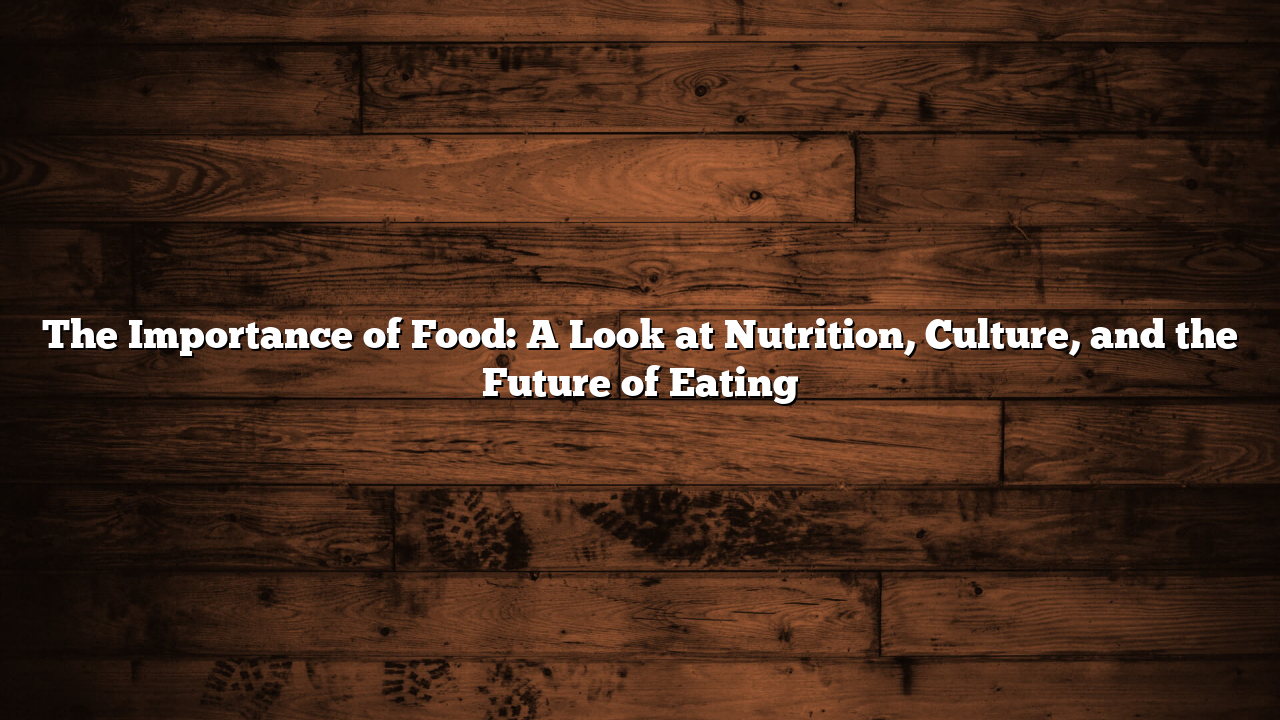

Leave a Reply